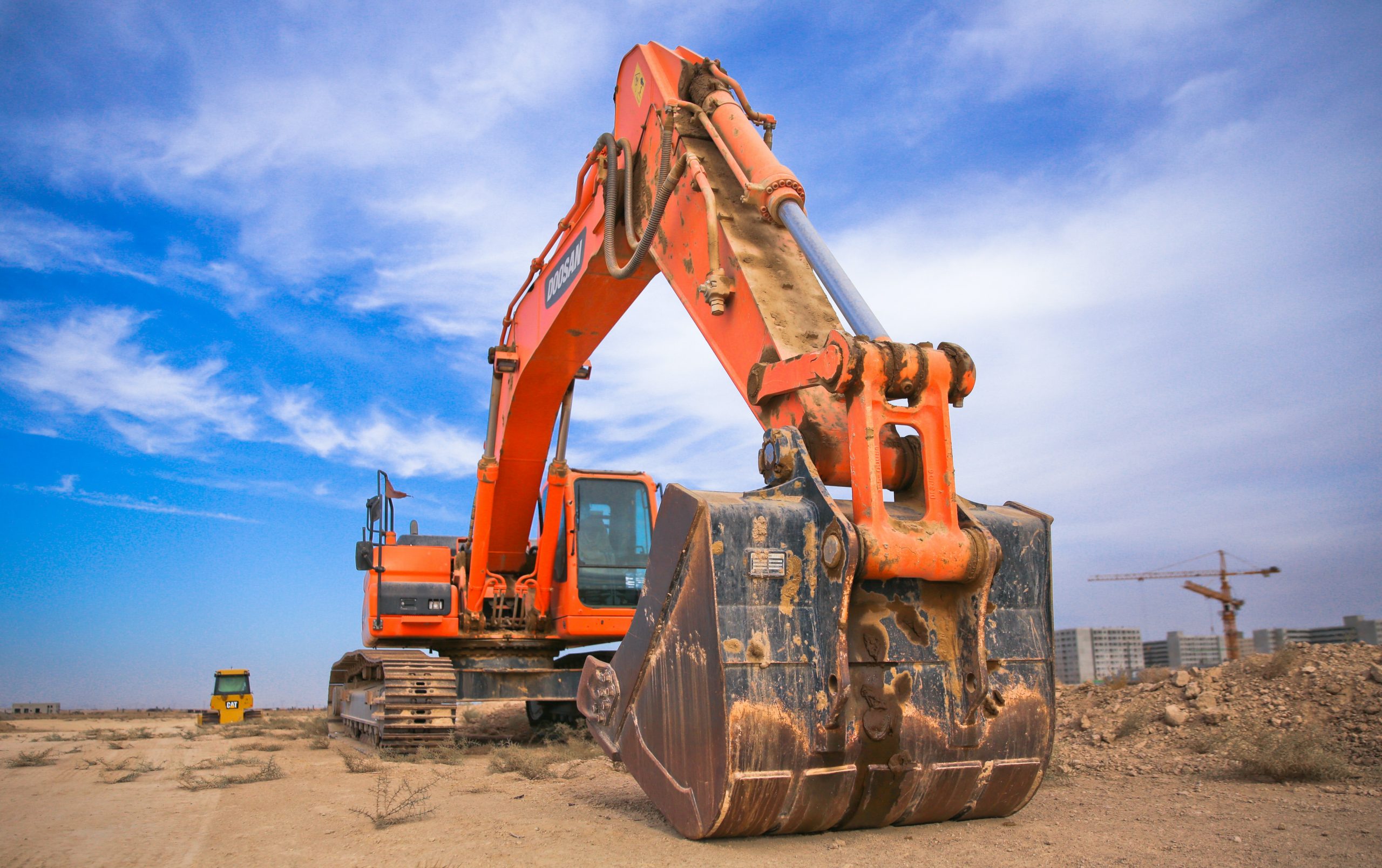Hire Purchase vs Leasing – Which is better?
“What are the differences between a Hire Purchase and a Lease agreement? Why leasing is better than Hire Purchase? Is Hire Purchase a Lease?”
In this article, we are going to look at Hire Purchases (HP) and Lease Agreements. Both are ways for your Company to acquire the equipment, machinery it needs to operate and grow; however they are very different on paper.
Before we consider the differences, let’s look at the similarities:
- Structure payments – In both agreements, you will make structured payments either monthly, quarterly or annually depending on the size/cost off the asset.
- Fixed Duration – this is agreed at the outset and can be anything from 12 months up to 7 years (10 years agreements are available in certain circumstances however they aren’t common).
- Practical Ownership – For the duration of the agreement the asset belongs to the lessor (funder) rather than the lessee (user) however the lessee does have sole use of the equipment. In each case you are the acting owner so long as you continue to make the agreed structured payments and do not fall into arrears. If you do fall into arrears then the lessor may re-possess the equipment.

Now let’s look at the differences:
- Future Ownership – At the end of a HP agreement you are explicitly offered the option to buy the title of the equipment from the lessor; think of HP as rent to own. Whereas with a Lease, the options at the end of term are either to return, replace or continue using the equipment. If you decide you want to continue using the equipment this will be classed as a secondary rental period and you will pay a peppercorn rent to the funder.
- VAT Treatment – On a HP agreement you will be required to pay the full VAT applicable upfront plus any agreed deposit. However, with a Lease agreement the VAT is paid over the duration as part of your payment structure with the lender.
- Depreciation – Depreciation on leased items remains on the balance sheet of the owner (the Lessor) whereas on a HP it is the opposite as the user becomes the owner of the equipment at the end of the agreement.
- Servicing – During a HP agreement the user is responsible for the servicing and maintenance of the equipment whereas with Leased equipment the funder may be responsible (although not always). It is always worth checking the terms and conditions of your Lease agreement to ensure you know which party is responsible.
Which is better?
This is ultimately down to you to decide which is most appropriate for your business. With HP you own the equipment at the end and are free to do what you like with the equipment, whether that be to continue to use it or sell it and keep any profits generated. Leasing gives you greater flexibility and enables you to upgrade your equipment at fixed intervals whilst paying a similar monthly figure, so your company benefits from the latest technology, however you never own the equipment.
To find out more about how Hire Purchase or Leasing can help your business grow and to discuss which one may be better for your circumstances get in touch today for a no obligation discussion, complete our contact us form and we will get in touch with you as soon as possible.
Learn more about Lease Finance and Hire Purchase Finance
On the Commercial Finance Show, our Director Matthew Timms, goes into more difference between lease finance and hire purchase and the benefits of the two finance facilities.
Get in touch with us for a no-obligation discussion, call us on 01270 443510 or complete our quote form and we’ll be in touch with you as soon as possible.
Address
Amplo Group
11 Mallard Court, Mallard Way,
Crewe, Cheshire, CW1 6ZQ
Join Our Mailing List
See our privacy notice for more information on how we take care of your information.
